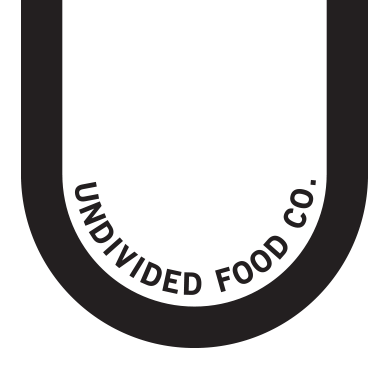Clean Eating Tips with Nutritionist Stephanie Malouf
Meet Stephanie Malouf.
Our go-to nutrition expert, Stephanie Malouf is an Accredited Nutritionist & Mindset Coach. We asked her to give us the low-down on how to read food labels, what the worst offenders in a typical pantry are, and get her take on vegetable oils - why do they get such a bad wrap? And... she gave us her go-to snacks for those times when you're on-the-go over summer - whether it's at the desk, on the road, or at the beach.
Over to Steph…
What are the worst products that most of us have in our pantry and don’t realise the ‘hidden’ nasties they contain?
Many supermarket bought sauces and condiments are loaded with salt and sugar. Sugar is the primary ingredient in most commercial ‘savoury’ sauces. Why? Because sugar triggers dopamine in the brain which is the feel-good hormone which in turn makes you want to eat more of it. Salt is then added to balance out the sweetness of all the sugar.
Below is the sugar content of common commercial sauces:
BBQ 48-55%
Hoisin 50%
Sweet Chilli 43-49%
Tomato sauce / ketchup 25%
Worcestershire 15-36%
Vegetable oil is another common nasty ingredient found in pantry goods which is detrimental to your health. Vegetable oil may sound healthy which is largely part of the confusion. They are also mostly derived from seeds, not vegetables!
Vegetable oils are used because they are a cheaper alternative to healthy oils, they are highly processed and added to many processed foods with a long shelf life. These oils are highly unstable and prone to oxidation when they come into contact with light, heat and oxygen. The manufacturing process of these oils involves a harsh extraction process that often includes high heat, bleaching, deodorising and the highly toxic solvent hexane, causing them to become rancid during the manufacturing process which is toxic and harmful to your health. This is a key driver of inflammation in the body that overtime causes damage to your cells.
Common pantry goods that contain vegetable oil include:
Mayonnaise
Salad dressings
Vegetables in a gar
Tuna in oil
Chips/popcorn
Breads
Wraps
Muesli
Give us the low down on how to read a label?
You can learn more about navigating the nutrient panel and the supermarket aisles in my Healthy Shopping Guide which can be accessed here.
What do you think we should all keep in our desk drawer for healthy emergency snacks and lunches?
Trail mix / nuts and seeds
Low sugar fruit e.g., green apple, orange, mandarin, berries
All natural high protein bliss ball
Dark Chocolate – preferably 85%
Dehydrated/roasted chickpeas
Tuna/sardines in spring water or extra virgin olive oil
Tinned beans


